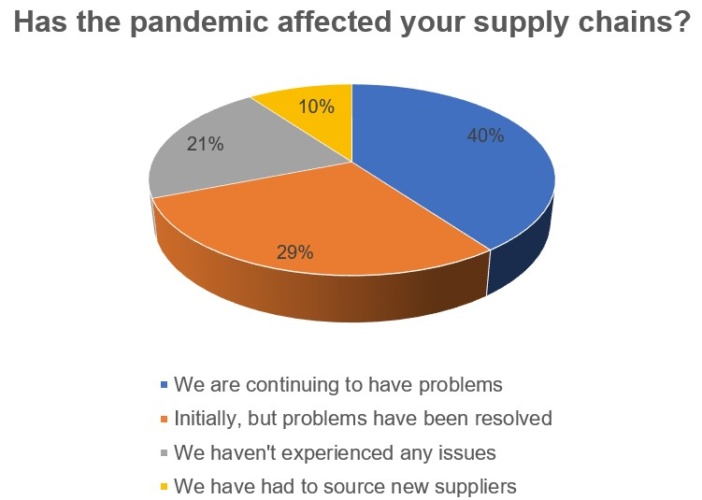
As previously reported, this has led to fresh calls to build up domestic supply chains. Indeed, in a poll carried out last month by The Engineer more than 90 per cent of respondents argued that the crisis should trigger a major UK reshoring strategy.
In this poll we wanted to find out whether our readers, or rather the organisations they work for, have been impacted by supply chain issues. Have there been challenges sourcing key components? Are those challenges ongoing, or have these problems settled down?
In an effort to drill down into even more detail on the pandemic’s impact on manufacturers, we’ve teamed up with global digital manufacturing software company, aPriori, and would like to invite readers to take a short survey to share your insights and help us develop a research-based picture of the COVID-19 impact on manufacturing. Respondents to the survey will be entered into a prize draw for a £50 Amazon voucher.





Nanogenerator consumes CO2 to generate electricity
Whoopee, they've solved how to keep a light on but not a lot else.